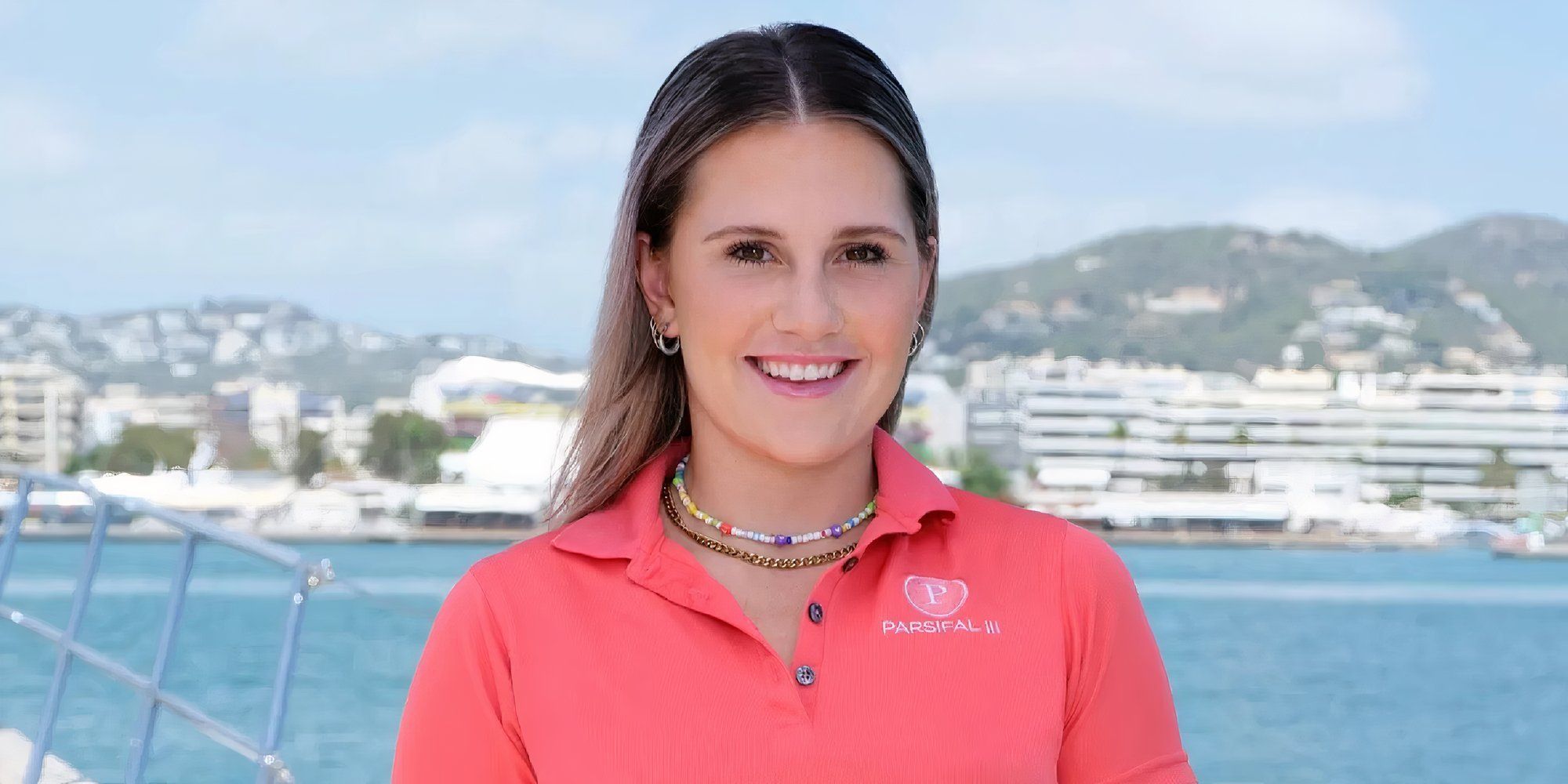Viola Davis said that probably her proudest achievement was the creation of her game-changing character Annalise Keating in legal drama thriller “How to Get Away With Murder,” during an onstage interview Thursday at the Red Sea Film Festival in Jeddah, Saudi Arabia, where many in the ecstatic audience had greeted her by declaring, “I love you, Viola.”
She also spoke of the bravery that was required to stand up to the orthodoxy that held sway in network TV when the show launched 10 years ago.
Variety publishes, below, an edited excerpt from the interview, which was as refreshing in its honesty as the actor’s performances.
“As a character [as originally envisaged], she made absolutely no sense,” she said, eliciting laughter and applause in the audience. “I mean, you have to be honest with it: a lot of characters on television, they just don’t make sense. They’re a Mr. Potato Head of an audience’s desires. They want them to walk like supermodels and they want them to look beautiful in the costumes and in the courtroom scenes, whether they’re wearing Alexander McQueen or Armani. They talk really fast in Shondaland, you know, faster than what people actually speak. You don’t really see people as talking and listening, and, I mean … I don’t want to sound like I’m ragging.
“And then you go into the sexuality thing, and maybe there is a plethora of women out there who have 15 sexual partners in a day, but what is missing from all of it is: the why.
“And so, I was given the character … her name was Annalise DeWitt when I first started, and I was like, DeWitt? So, I did change that. I changed it to Annalise Keating. I mean, she could have been DeWitt, but it’s just so grand.
“But the reason why I think I’m proud of it is because I felt it was brave of me. I haven’t always been brave in my life, but that was one moment that I was brave. I had a decision to make: I could just join the crop of women who work on TV who, to be honest, they have a certain look in the lead roles.
“And, here’s the thing: When you become a celebrity, you get all kinds of messages from people. It’s like Mark Twain said: You need two types of friends … The friends who talk about you, and the friends who tell you about people who talk about you. So, you get a lot of friends who tell you about people who talk about you.
“So, there’s so many people who said, ‘Oh, she’s miscast. Annalise Keating is described as mysterious and sexual and all that, and that can’t be Viola.’
“Sanford Meisner, a great acting teacher, he said: One of the most important questions an actor can ask is: ‘Why?’ And when you ask ‘Why?’ it brings you on a journey that could be transformative.
“And so, here’s what I had to do: I had to at least try to lose weight and try to be that woman who could be on television, which is not going to happen. I was about 50 years old at the time. It’s not like I was going to do Botox and start eating string beans.
“So, then I had to ask some questions: Why do I have to be that woman? Why does she have to walk great in heels? Why can’t I be the size I am? And why can’t all those things be true and I be on network TV? Why can’t I take my wig off? Why can’t I wear my natural hair?
“And every time I asked, ‘Why?’ I got to the truth of who Annalise was, and so then I had something to work with, which is trying the best I could with network TV writing to make her some semblance of a human being, and so that was the first thing with Annalise Keating.
“I remember the phone call with Peter Nowalk, who is the showrunner-creator of ‘How to Get Away With Murder,’ and Shonda Rhimes and Betsy Beers, and the head of the studio [ABC Entertainment Group], Paul Lee. We were all on the telephone, and I remember saying, I can’t believe I was saying this, because I wanted the job, y’all, I didn’t want to lose this job, but I heard myself say it … I said: ‘Well, I’m not going to do this show unless she could take off her wig. And the reason is, if I take off the wig, and if I take off the makeup, they’re going to have to deal with that woman who’s been revealed. They’re going to have to deal with her crinkly, curly hair. They’re going to have to deal with the woman behind the mask. And that is a character that I could play.
“And then you have to deal with why a woman would be that sexual. You can’t just do it, because here’s the thing, with sexuality and human beings, it’s not pornography. Pornography is selling the sex, right? It’s to turn people on. It’s serving a purpose. Being sexual is an extension of who you are as a human being. It’s based in memory, experience, trauma, everything. You don’t just do it.
“And then when you are having sex, in my imagination, in my fantasy, every sex scene should be cringy. I mean, who has a camera in their bedroom, where it’s perfectly shot, and everyone has been in the gym for the last five months, no one puts down a towel. But I decided to deal with the woman who would be bisexual, have affairs, be married to a man who could be a murderer, and so that’s when her sexual past and her sexual abuse came up. That’s when Miss Cicely Tyson [who played Ophelia Harkness, Annalise’s mother] came into the picture. And then I felt like I was building a world that was honest; it was a world that was fantastical, but there were some threads of the truth in there, that made people lean in, and that is what I’m most proud of.”
Later, when asked what her legacy would be, she added: “My legacy is to help people feel less alone. I do think that there’s something sacred when the lights go down and you’re in the audience and you have your popcorn and your Sour Patch Kids and your Diet Coke. That’s what I eat, y’all. And there’s something sacred in that relationship and that agreement. And the agreement is that I am not going to escape as an artist. I’m going to show you you. You, with all the piss and the poop, and all those private moments that you don’t want to show people, all the parts of you that you probably feel that if you share with people, it would be the most shameful part of your life. I want you to be brave enough to witness that and acknowledge that, and I want to be brave enough to give it to you.
“And if I can do that, that would be a legacy. Not just the awards and the accolades, but the bravery of how well I can craft that and give it to you.”









 English (US) ·
English (US) ·